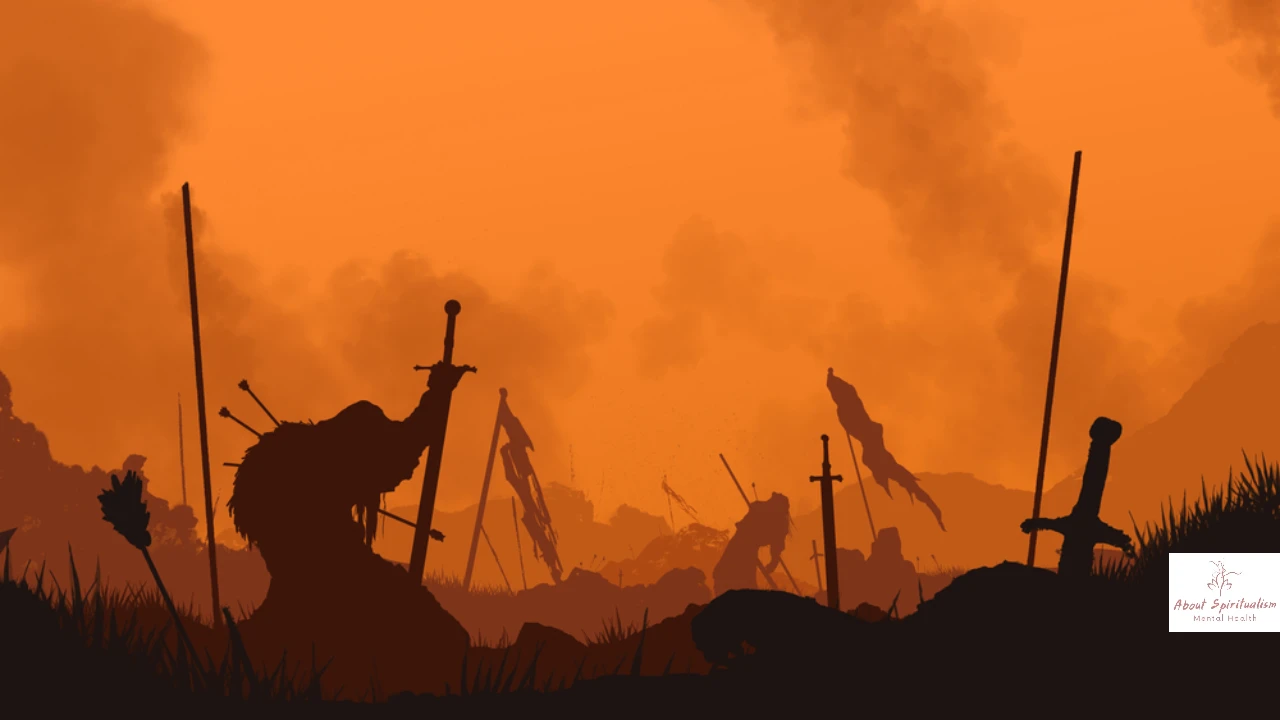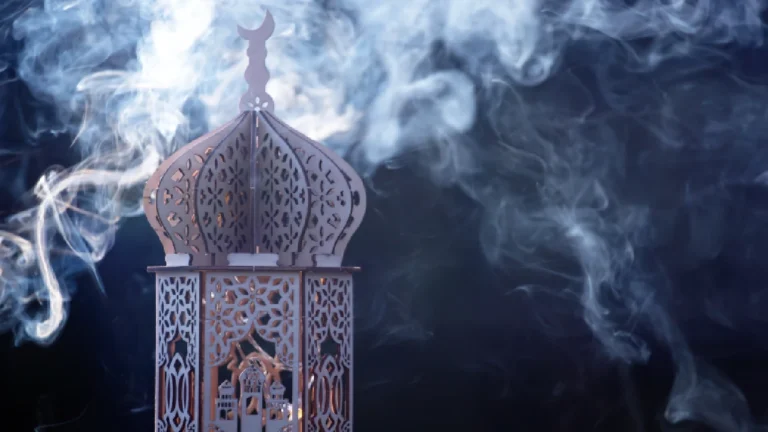List of Ghazwa in Islam: A Comprehensive Overview
List of Ghazwa in Islam
In the early years of Islam, the battles involving the direct participation of the Prophet Muhammad (PBUH) are called Ghazwa (plural: Ghazawat). These military campaigns were critical in shaping the Islamic community, strengthening its position against hostile forces, and spreading the message of Islam. While the number of Ghazawat is debated among scholars, Ibn Ishaq (RA) noted 27 such battles. Out of these, nine involved actual combat, and the rest ended without fighting. The following table provides a brief List of Ghazwa in Islam and other notable expeditions during the Prophet’s lifetime.
Battle Name | Date (AH) | Combat Occurred | Sahabah Martyrs | Enemy Forces | Brief Description |
Al-Abwa | 12 Safar, 2 AH | No | None | None | The first Ghazwa in which the Prophet participated, though no combat took place. |
Al-Bawat | Rabi' al-Awwal, 2 AH | No | None | Quraysh Caravan | Aimed at intercepting a Quraysh caravan, but no confrontation occurred. |
Al-Ushayrah | Jumada al-Awwal, 2 AH | No | None | Quraysh Caravan | Another attempt to intercept a caravan; ended without conflict. |
Badr | 17-19 Ramadan, 2 AH | Yes | 14 | 950 Quraysh | The first major battle in Islam, resulting in a decisive Muslim victory. |
Uhud | 7-15 Shawwal, 3 AH | Yes | 70 | 3,000 Quraysh | A difficult battle where Muslims suffered significant losses but remained resilient. |
Khandaq (Ahzab) | Shawwal, 4-5 AH | Yes | None | 10,000 Quraysh | Muslims defended Medina by digging a trench, leading to the retreat of enemy forces. |
Banu Mustaliq | 12 Sha’ban, 5-6 AH | Yes | 1 | Banu Mustaliq | A surprise attack on the tribe that was preparing to attack the Muslims. |
Khaybar | Dhul-Hijjah, 7 AH | Yes | 16 | Jews of Khaybar | Muslims conquered the stronghold of Khaybar, ending Jewish resistance. |
Fath Makkah | 10 Ramadan, 8 AH | Yes | None | Quraysh | The peaceful conquest of Mecca, marked a significant victory for Islam. |
Hunayn | 10 Shawwal, 8 AH | Yes | 12 | Hawazin, Thaqif | Muslims faced a surprise attack but eventually won the battle. |
Tabuk | Rajab-Shaban, 9 AH | No | None | Byzantine Allies | Muslims marched to confront Byzantine forces, but no battle took place. |
Historical Background of Ghazwat
The Ghazwat were more than just military campaigns; they were defensive actions taken to protect the early Muslim community against attacks from Quraysh and other hostile tribes. These expeditions were significant in establishing Islam as a growing force in Arabia.
- Badr: This battle occurred during Ramadan in 2 AH and is regarded as the most significant military victory in Islamic history. With only 313 Muslims against nearly 1,000 Quraysh, they achieved a miraculous victory through divine intervention, boosting morale and establishing their strength.
- Uhud: A year later, the Muslims faced a setback at the Battle of Uhud, where they lost 70 of their companions, including the beloved uncle of the Prophet, Hamzah (RA). Despite the loss, it taught the Muslim community vital lessons about discipline and unity.
- Khandaq (Battle of the Trench): In 5 AH, a coalition of 10,000 men, consisting of Quraysh and various tribes, surrounded Medina. To defend the city, the Prophet and his companions dug a trench around it, preventing the enemy from breaching their defenses. After several weeks of siege, the Confederates retreated in frustration.
- Khaybar: The Muslims faced the Jewish tribes of Khaybar in 7 AH. This stronghold was vital due to its strategic location and resources. After a fierce battle, the Muslims were victorious, which secured their position in northern Arabia.
- Fath Makkah (Conquest of Mecca): In 8 AH, the Muslims marched toward Mecca with 10,000 men. The city, overwhelmed by the sheer size of the Muslim army, surrendered peacefully. The Prophet entered the city and declared amnesty, which led to the mass conversion of Quraysh to Islam.
Related Articles: Islamic
The Role of Sahabah in Ghazwat
The companions of the Prophet Muhammad (PBUH), known as the Sahabah, played an essential role in these battles. Many of them laid down their lives, defending Islam and ensuring the survival of the Muslim community.
- Battle of Badr: 14 Muslim martyrs died in this historic battle.
- Battle of Uhud: 70 companions, including prominent figures like Hamzah ibn Abdul-Muttalib, were martyred.
- Battle of Hunayn: 12 Sahabah were martyred in a battle marked by an initial ambush but ended in victory.
Impact of Ghazwat on Islamic History
The Ghazwat were pivotal in shaping the early Islamic state. They helped establish the Muslim community as a formidable political and military force. Through these battles, the message of Islam spread beyond Medina and Mecca, reaching the far corners of the Arabian Peninsula.
Many of these battles served as defensive campaigns and a means to bring justice, as Islam sought to protect the oppressed and uphold peace. The Prophet Muhammad (PBUH) ‘s participation in these battles further solidified his leadership and demonstrated the importance of unity and reliance on Allah.
Conclusion
The Ghazwat were more than just battles; they were defining moments that established the foundations of the Islamic state and helped shape the course of history. The courage and sacrifice of the Sahabah during these expeditions ensured Islam’s survival and expansion. Each battle, whether resulting in victory or loss, was a lesson for the early Muslims, teaching them resilience, faith, and the importance of unity under the banner of Islam. Albaik Menu
By looking back at these moments, Muslims today can reflect on the significance of these early struggles and understand that the trials faced by the early Muslim community were crucial in building the resilient and unified Ummah that exists today.



